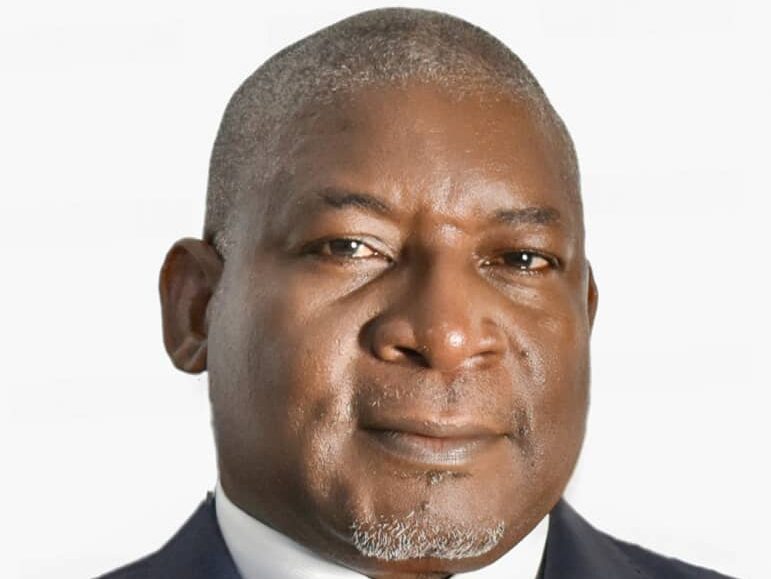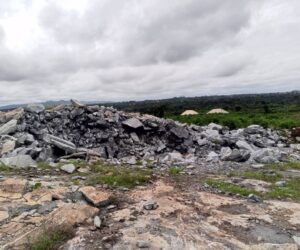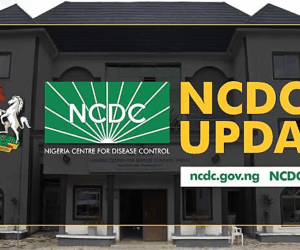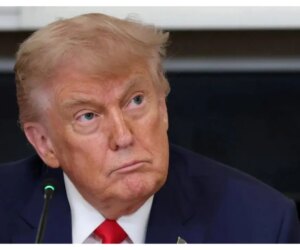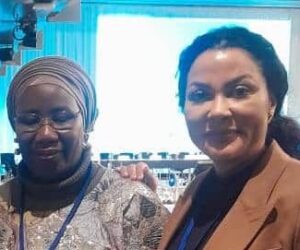Some stakeholders at the ongoing 11th Annual Conference and General Assembly of the West Africa Association of Public Accounts Committees (WAAPAC) have called for stronger debt oversight, improved transparency, and citizen engagement to address Nigeria’s growing debt challenges.
The stakeholders made the call while featuring in a panel discussion at the conference holding in Abuja.
The panel, which featured the Auditor-General for the Federation, Shaakaa Chira, a representative of the Director-General of the Debt Management Office (DMO), Patience Oniha, and the Chairperson of the Nigeria Union of Journalists (NUJ), FCT Council, Grace Ike, focused on practical approaches to strengthening accountability in debt management.
Their position came against the backdrop of recent concerns raised by Speaker of the House of Representatives, Abbas Tajudeen, and a former lawmaker, Nicholas Ossai, both of whom lamented Nigeria’s spiralling debt profile.
Mr Tajudeen had on Monday disclosed that the country’s public debt has climbed to about ₦149 trillion, while Mr Ossai at the same conference, put the figure at over ₦97 trillion by mid-2025, warning that weak legislative scrutiny risks turning the National Assembly into a rubber-stamp institution.
Auditor-General underscores role of independent audit
In his remarks, Mr Chira disclosed that as of December 2024, Nigeria’s public debt had grown to ₦143.5 trillion, comprising ₦68.8 trillion in external debt and ₦74.6 trillion in domestic borrowing.
He noted that while the figures are still being audited, they illustrate the scale of the fiscal burden facing the country.
Speaking on the role of the Supreme Audit Institution of Nigeria, the Auditor-General said his office is committed to producing evidence-based audit reports that provide the Public Accounts Committee with factual and reliable data.
These reports, he stressed, serve as the primary source of independent financial analysis on debt and guarantee objectivity in reporting.
“As Auditor-General, I examine compliance with borrowing laws and fiscal responsibility requirements. I assess the sustainability of debt levels and report cases where value is not derived from borrowed funds. Through performance audits, we verify whether the loans contracted deliver tangible benefits to citizens,” he said.
Mr Chira explained that his office provides technical services to Parliament by preparing comprehensive audit reports with dedicated chapters on debt management, publishing findings in timely and accessible formats, and ensuring that misuse or misreporting of debt is exposed to the public.
“We act as the eyes and ears of the Public Accounts Committee,” he said. “By reporting transparently, we build citizen trust and enhance the credibility of debt oversight.”
DMO: Debt burden linked to global shocks
Mrs Oniha highlighted that Nigeria remains one of the largest borrowers in West Africa, alongside Ghana, Côte d’Ivoire, and Senegal.
She attributed rising borrowing costs to global interest rate hikes and tightening monetary policies, which have increased the cost of sourcing funds from both external and domestic markets.
Weak domestic capacity, she added, has compounded the problem.
She said, “Public debt in one country can transmit to others due to regional interconnectivity and global market shocks.
“High interest rates, volatile commodity prices, and uncertain global economic prospects affect the management of debt across the region.”
The DMO official called for robust debt management practices to ensure policy decisions are based on reliable information.
She urged governments in the region to strengthen data systems, especially debt management information systems, while taking advantage of technical support offered by partners such as the Commonwealth Secretariat.
To reduce reliance on borrowing, she emphasised the need to boost domestic revenue mobilisation, promote fiscal discipline, diversify the economy, and explore innovative financing mechanisms such as public-private partnerships (PPPs) and carbon credit swaps.
“Our debt structure is highly exposed to foreign currency risk. The volatility of exchange rates means external borrowing carries significant vulnerability. Strengthening revenue sources, transparency, and accountability remains the only sustainable path forward,” she warned.
Media’s role in accountability
On her part, Ms Ike argued that debt accountability cannot be left to parliament and audit institutions alone.
She said the media plays a critical role in amplifying oversight, bridging the gap between institutions and the public, and ensuring that audit findings are not buried.
“The media acts as an intermediary between parliament, government institutions, and the public. Public awareness is necessary, and how can we achieve this if not through information sharing and capacity building?” she asked.
Ms Ike called for continuous training of journalists to strengthen their technical understanding of debt, audit processes, and legislative oversight.
According to her, workshops, roundtables, and joint briefings with Supreme Audit Institutions and civil society groups would raise the quality of reporting.
Highlighting the growing importance of investigative and undercover journalism, Ms Ike called for greater support to equip journalists with the skills and resources needed to expose corruption and mismanagement of debt resources.
“Investigative journalism is not easy. It requires funding, time, and skills. We must train journalists to confidently carry out undercover reporting on public accounts and debt management. This ensures accurate reporting and guards against misinformation at a time when fake news dominates social media,” she said.
She further stressed the importance of public access to audit reports and data, calling for simplified and timely publication of findings. Beyond that, she urged the media and civil society organisations to embark on sensitisation campaigns to educate citizens on debt and their right to demand accountability.
“Most people do not even know they have the right to demand accountability. The media must remind citizens of this right and hold those in power to their promises,” she noted.
READ ALSO: Addressing misconceptions: My science-based response to GMO debate, By Mohammad Faguji Ishiyaku
Ms Ike concluded that effective oversight of public debt is a collective responsibility involving Parliament, civil society, and the media.
She expressed optimism that continued collaboration between the Public Accounts Committee and the press would strengthen transparency and ensure Nigerians are better informed about debt management.
“One thing is to write reports and pass resolutions. Another is implementation. As gatekeepers of information, the media stands ready to work with all relevant stakeholders to ensure citizens are empowered, public resources are protected, and sustainable development is achieved,” she said.

